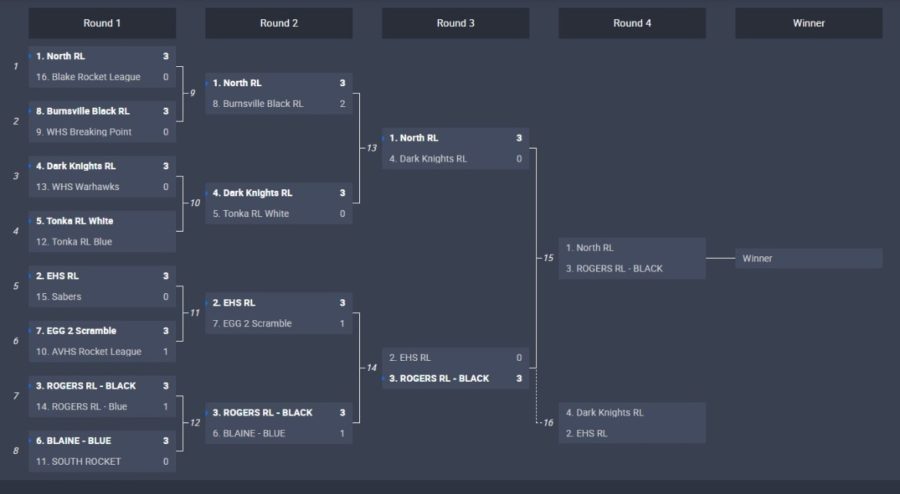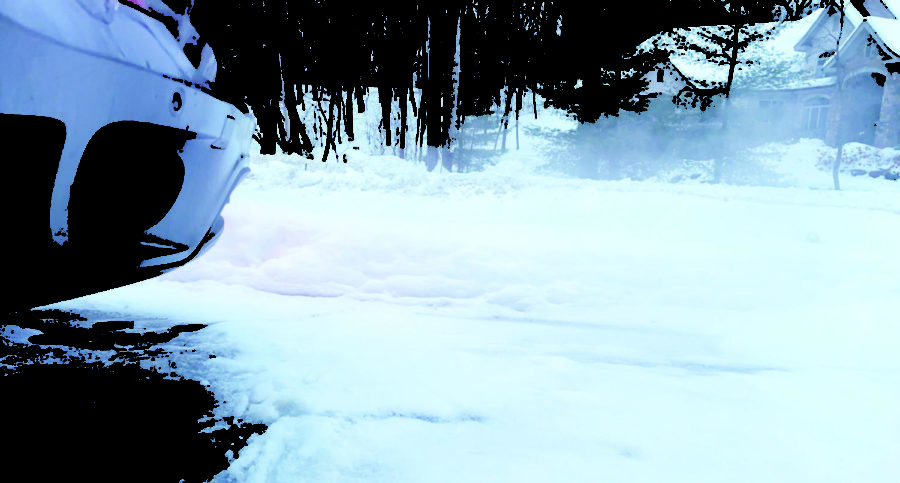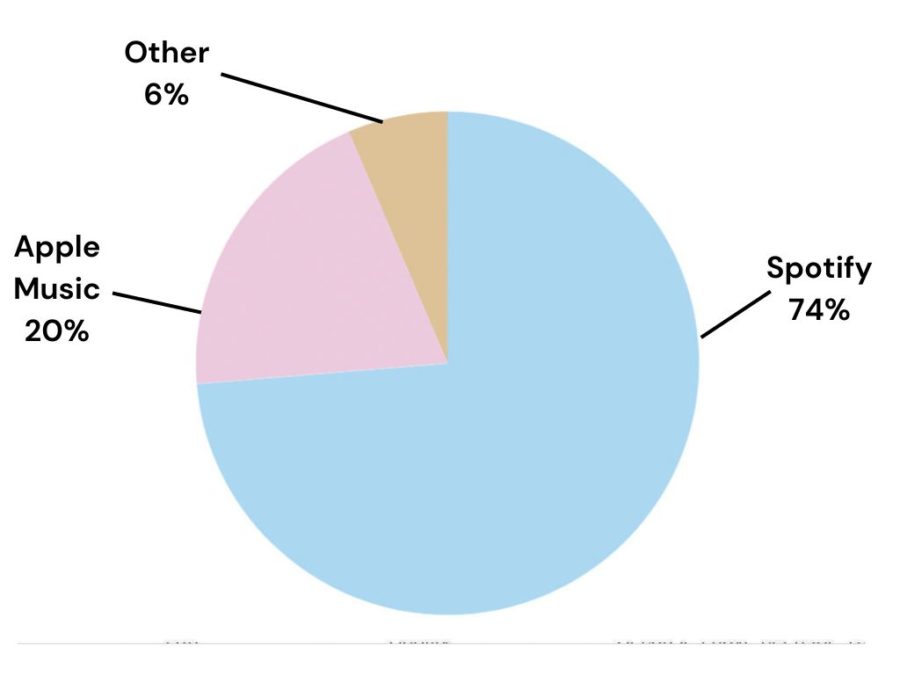On Wednesday, January 18, 2012, many of us had a profound realization: we are utterly dependent on Wikipedia. With over 10,000 websites that joined Wikipedia in the blackout to protest the Stop Online Piracy Act (SOPA) and the PROTECT IP Act (PIPA), the day will be remembered as the largest Internet protest in history. Websites participating in the online boycott claimed that SOPA and PIPA would effectively censor the Internet. Meanwhile, Chris Dodd, senator-turned-CEO of the Motion Picture Association of America (MPAA), criticized the online boycotts, calling the coordinated protest a “dangerous gimmick.” But does the danger come from the sites, or the legislation?
SOPA and PIPA work by censoring links to entire domains – neither contains provisions to actually remove copyrighted content. This places a huge burden on websites to scrub through every comment, link, and search on their site to remove all links to the infringing domain. Opponents of the bill say that monitoring every link undermines the openness and free speech of the Internet. Constitutional experts like Harvard Law School professor Laurence Tribe and Stanford Law School professor Mark Lemley agree.
Supporters of the bills claim that only foreign sites would be targeted; however the language of the bill does not make such a clear distinction. Sites with servers based in the United States still have foreign registers, e.g., google.co.uk, yet PIPA and SOPA label sites as ‘foreign’ or ‘domestic’ based on domain name alone.
Moreover, the language of the bills allows the government to prosecute any site “facilitating” the activities and commissions of copyright infringement. Tech companies have pounced on the word “facilitate” due to the massive potential for abuse. “Under this definition,” writes Jason Harvey on Reddit blog, “a site could be targeted for something as simple as describing how to rip a Blu-Ray.”
How effective at stopping piracy would SOPA and PIPA be? Would copyright infringement be stopped if hundreds of domain names were blocked? According to The Pirate Bay, “Not really.” Countries like China and Saudi Arabia have implemented similar strategies to SOPA and PIPA, but pirates always find a way. In fact, the US State Department helps develop software to explicitly undercut these forms of censorship.
Then there is the problem of innovation. SOPA/PIPA dramatically change the infrastructure of the Internet, and the added regulation would “hamper the pace of innovation as users, websites, and investors cope with the uncertainty of running afoul of one or more vague sections of copyright law,” according to an e-mail petition by the Electronic Frontier Foundation. The MPAA claims that SOPA is “fundamentally…about jobs.” However, the legislation does not add jobs to the economy. Rather, just like in the 1984 case Sony v. Universal when Jack Valenti claimed that the VCR would kill the movie industry, the battle over SOPA and PIPA is fought against new technology and innovation.
Ironically, it was the VCR (deemed ‘pirate technology’) that led to the eruption of the movie industry. No longer were films just seen in movies, as the VCR ushered in a new age of home movie viewing and renting. The truth is, pirating is an old problem—one that exists because of convenience. Only by creating new, reliable methods of distribution that benefit consumers can the motion picture industry solve piracy. Competition, not legislation, ought to be their strategy. Until that day comes, let’s hope Wikipedia doesn’t black out again.





